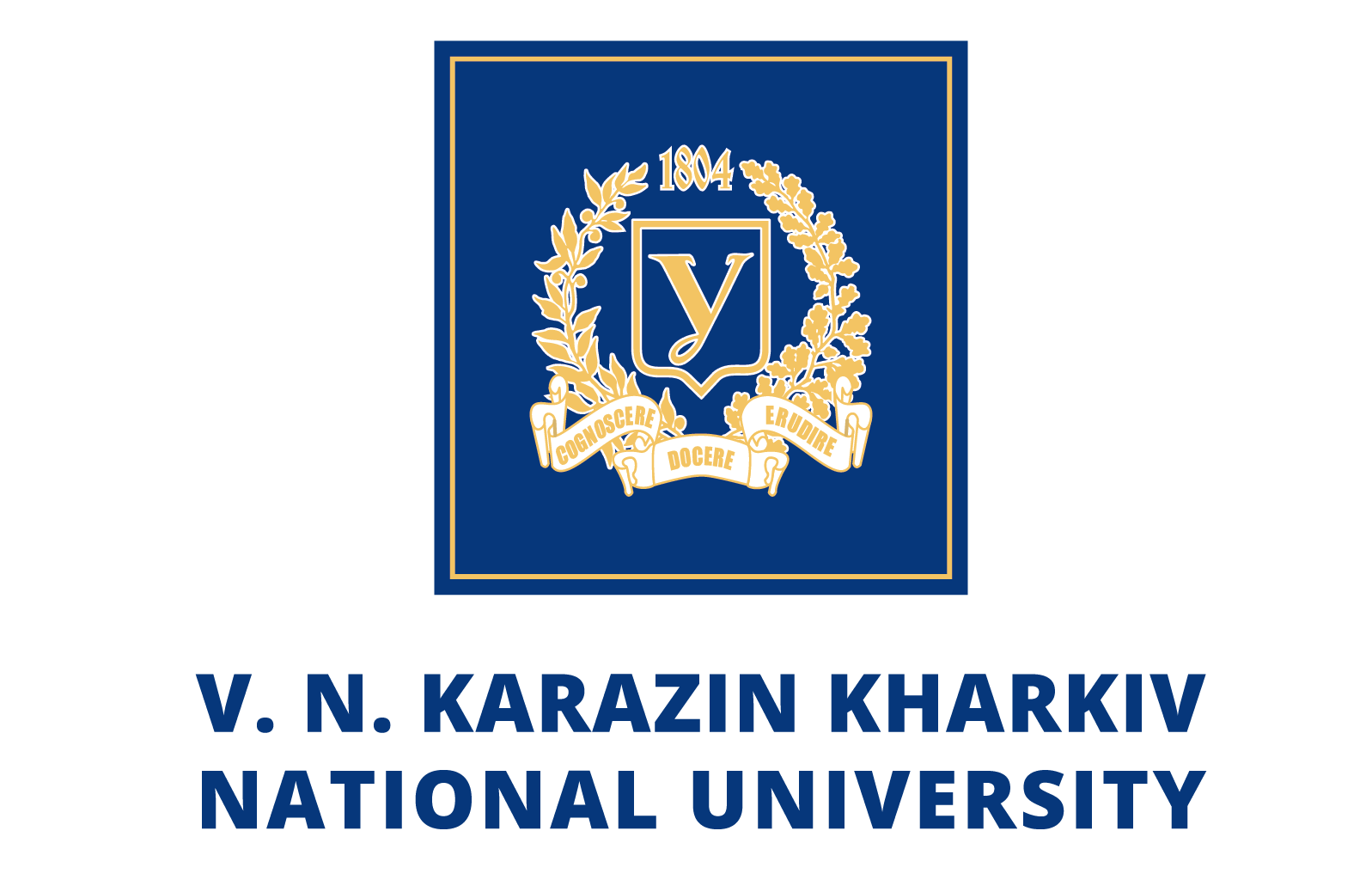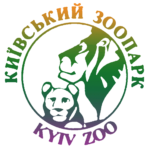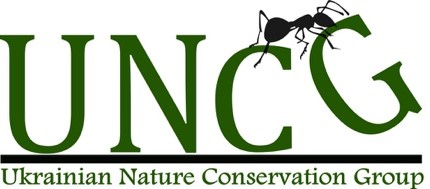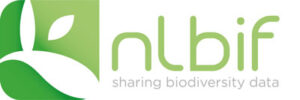Mobilisation of biodiversity data from Ukraine
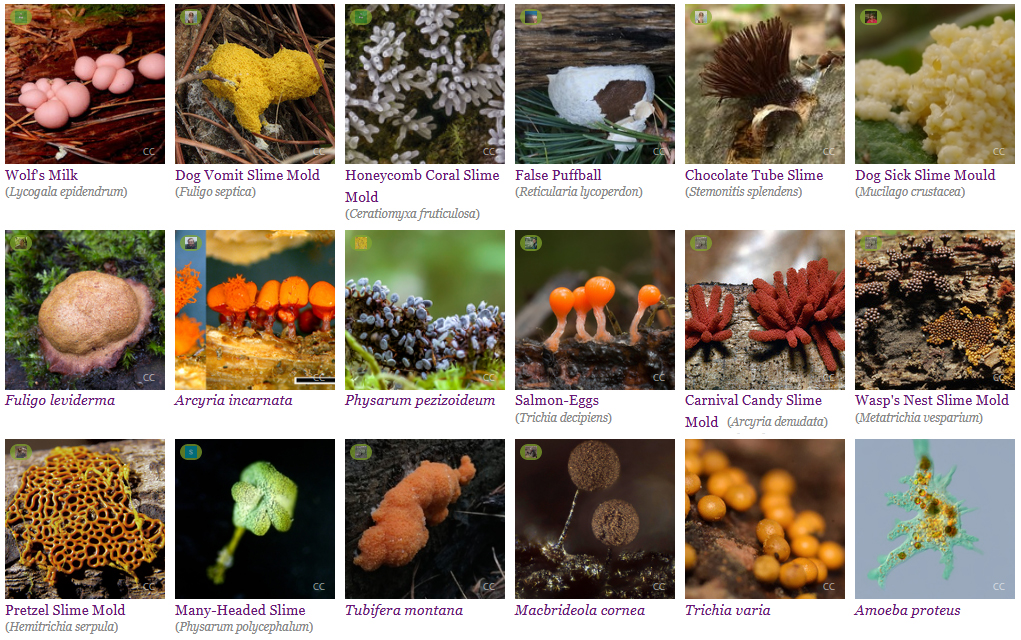 Ukraine is one of the largest countries in Europe (603,628 km2), yet digital georeferenced biodiversity data from it remain scarce and hardly accessible. GBIF currently contains only about 193,671 georeferenced occurrence records from Ukraine, and most of these records have been provided by other countries. The lack of a reliable source of standardised biodiversity data from Ukraine not only hinders biodiversity research, assessment, and conservation at the national level but also limits Ukraine’s participation in developing and implementing international and national nature conservation policies and practices.
Ukraine is one of the largest countries in Europe (603,628 km2), yet digital georeferenced biodiversity data from it remain scarce and hardly accessible. GBIF currently contains only about 193,671 georeferenced occurrence records from Ukraine, and most of these records have been provided by other countries. The lack of a reliable source of standardised biodiversity data from Ukraine not only hinders biodiversity research, assessment, and conservation at the national level but also limits Ukraine’s participation in developing and implementing international and national nature conservation policies and practices.
With this project, The Habitat Foundation addresses the need in boosting Ukraine’s capacity to mobilise biodiversity data and to make it accessible for research, cooperation and nature conservation. As the project is realised with Ukrainian research organisations and people, publishing biodiversity data will make them part of the global community contributing to the knowledge on nature in Europe. The digitised Ukrainian biodiversity data will benefit from secured storage and the authors will be involved in international research, nature conservation work and publications on biodiversity.
This project will increase the available findable, accessible, interoperable, and reusable (FAIR) data on biodiversity in Ukraine, promote biodiversity science, demonstrate the importance of citizens involvement in nature research and conservation, and finally to mainstream publishing biodiversity data. Reliable FAIR biodiversity data support species and area conservation, helps understand changes in biodiversity and inform management decisions.
Our goal is to encourage more organisations to become independent publishers of biodiversity data directly to GBIF, and to make a process of publishing occurrence data a normal way for both Ukrainian researchers and citizens.
OBJECTIVES
The goal of this project is to mobilise Ukrainian biodiversity data to GBIF through building capacities for digitising and publishing biodiversity collections, with the help of Dutch specialists, and promoting citizen science in Ukraine.
ACTIVITIES
- Improve the interface and functionality of existing biodiversity data portals and mobile apps, promoting the involvement of citizens in data collection;
- Translate the iNaturalist website and mobile application to Ukrainian;
- Translate the vernacular names of most of the native taxa, to be integrated into the iNaturalist software and the Catalogue of Life;
- Mobilise more biodiversity data from Ukrainian museum collections, herbaria, and scientific literature by involving and training researchers to digitise and publish data sets in GBIF;
- Further promotion of citizen science.
PROJECT PARTNERS
- Kyiv Zoo, Ukraine



- Schmalhausen Institute of Zoology, Kyiv, Ukraine
- Ukrainian Nature Conservation Group
- Ivan Franko State University
- V.N. Kharazin National University


- M.G.Kholodny Institute of Botany
DURATION
2020 – 2021
SPONSOR
RESULTS
This project finished. You can download the final report to read about the results of this project: Mobilisation of biodiversity data from Ukraine - final report
NEWS
400 000 new records on Ukrainian biodiversity digitised
To an Atlas of Ukrainian mammals
iNaturalist translated to Ukrainian
Ukraine is catching up with the publication of biodiversity data in GBIF
3 605 new records of mammals added to Ukrainian database
Books for data
Small Mammal Camp in Ukraine 2019

